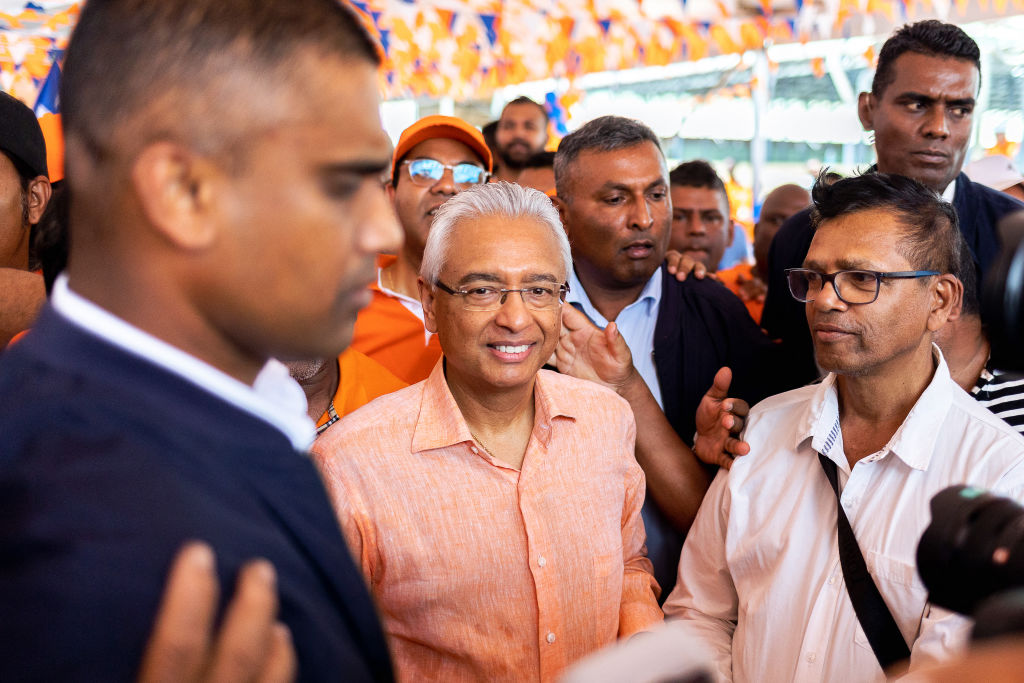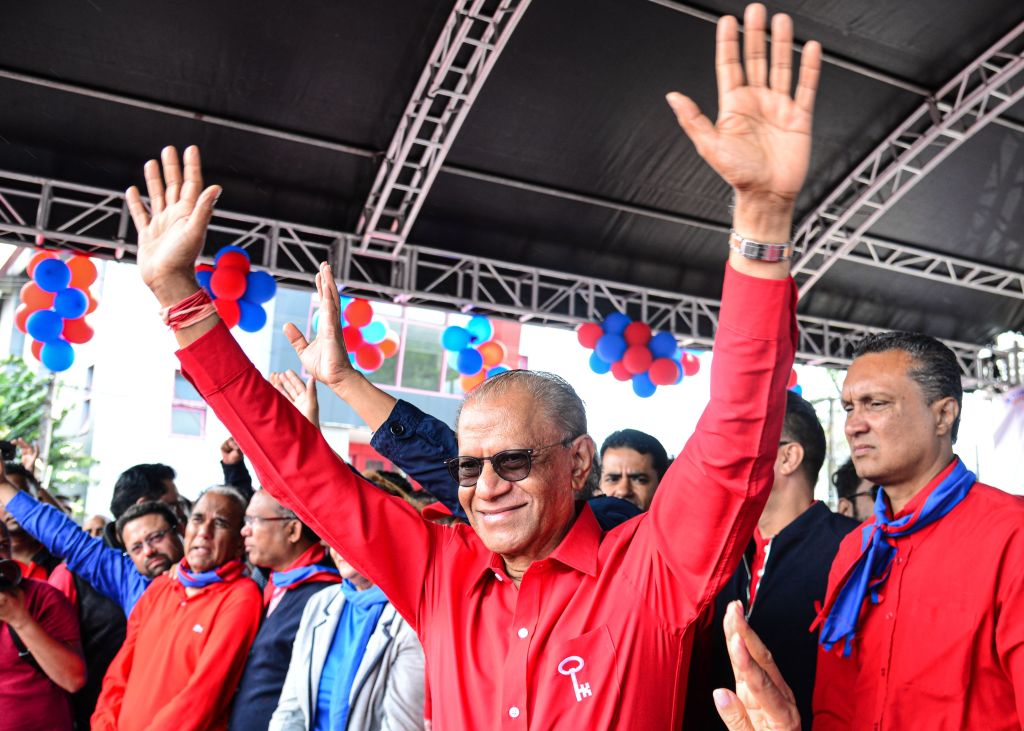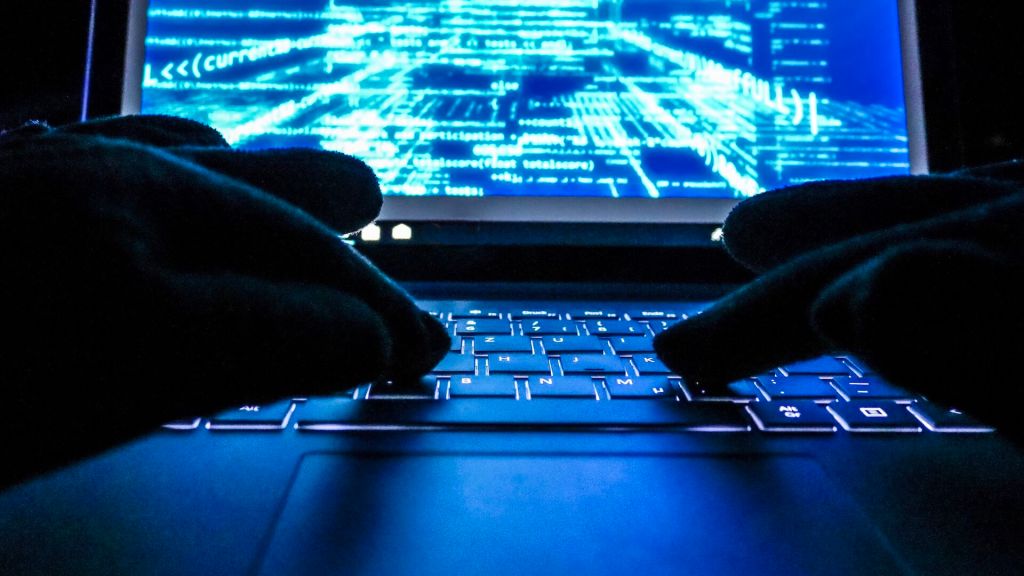Mauritius imposed and then swiftly lifted a social media blackout this week amid a wiretapping scandal that implicates government officials just days before national elections. The move, which has drawn backlash from citizens and rights groups, raises serious questions about the stability of Mauritius’ democratic institutions.
The government initially blocked access to platforms including Facebook, Instagram and X, citing “national security concerns” as the reason for the blackout.
The decision came after a series of audio recordings were leaked, allegedly revealing conversations between high-level officials. The recordings allegedly discussed police brutality, judicial interference and other sensitive topics.

Prime Minister Pravind Jugnauth dismissed the audio clips as “doctored by AI,” though critics argue the blackout was a tactic to contain public backlash before the election.
The leaked recordings reportedly include over 20 wiretapped conversations among political figures, business leaders and journalists, raising concerns over an illegal surveillance program.
Reporters Without Borders condemned the actions, claiming they reveal a “widespread system of surveillance” within Mauritius.
Further complicating matters, former Mauritius Telecom CEO Sherry Singh was arrested, reportedly in connection with the wiretapping case.
One particular recording appears to capture the police commissioner instructing a forensic doctor to alter findings in a case of a person who died in police custody.
The scandal has intensified scrutiny of Jugnauth’s administration, which faces accusations of democratic backsliding.
Over the past year, the government mandated SIM card re-registration, and it has also deployed thousands of surveillance cameras equipped with facial recognition across the island, raising concerns over privacy and state control.

With elections looming, Prime Minister Jugnauth is seeking reelection against the opposition Alliance for Change, led by former Prime Minister Navin Ramgoolam.
Jugnauth’s administration has already faced criticism over alleged irregularities in the 2019 election. Many Mauritians see the recent blackout as yet another attempt to suppress dissent.
The social media ban was lifted within 24 hours amid public and international pressure. However, it hasn’t alleviated the concerns of Mauritians who question the government’s commitment to democratic principles.
As the island nation prepares to vote, many wonder if this election will mark a turning point for Mauritius or a continuation of what some call an “erosion of democracy.”

